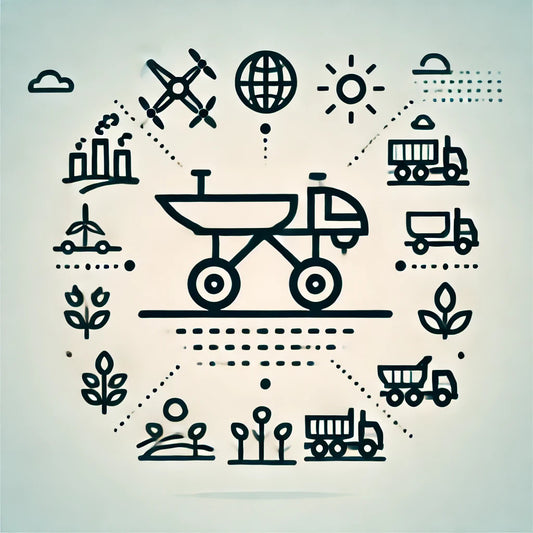-
DESCRIPTION
-
TABLE OF CONTENTS
-
SAMPLE PAGE
-
SAMPLE DOSSIER
The escalating proliferation of plastic packaging waste presents an urgent environmental challenge, precipitating widespread ecological consequences and necessitating comprehensive waste management strategies. The advent of plastic as a versatile and ubiquitous material has substantially transformed modern consumer practices, concurrently contributing to the surge in plastic packaging waste. This introductory section seeks to contextualize the gravity of the issue by delineating the environmental repercussions associated with the increasing prevalence of plastic packaging in contemporary consumer products.
The environmental significance of plastic packaging waste resides in its pervasive persistence within ecosystems, often enduring for extended periods and posing harmful effects on terrestrial and aquatic environments. The accumulation of plastic debris, particularly in marine ecosystems, has garnered attention due to its adverse impact on marine life, ecosystem integrity, and human health. Consequently, the imperative to address and mitigate the environmental implications of plastic packaging waste underscores the urgency of innovative waste management methodologies.
I. Introduction 4
A. Background and Significance of Plastic Packaging Waste 6
B. Definition and Overview of Mechanical Recycling 8
C. Purpose and Scope of the Report 10
II. Current Challenges in Mechanical Recycling 12
A. Plastic Packaging Waste Generation and Its Environmental Impact 15
B. Limitations of Current Mechanical Recycling Processes 17
C. Economic and Logistical Challenges in Scaling Up Mechanical Recycling 20
III. Technological Advancements in Mechanical Recycling 24
A. Advanced Sorting Technologies for Improved Plastic Identification and Separation 28
B. Enhanced Polymer Separation Techniques for Diverse Plastic Types 30
C. Innovations in Depolymerization Methods for Efficient Plastic Breakdown 33
D. Integration of Nanotechnology in Mechanical Recycling Processes 35
IV. Emerging Trends in Mechanical Recycling 37
A. Circular Economy Initiatives and Their Impact on Plastic Packaging Waste 40
B. Government Regulations and Policies Promoting Mechanical Recycling 42
C. Industry Collaborations and Investments in Recycling Infrastructure 44
V. Future Prospects for Mechanical Recycling 46
A. Potential Improvements in Recycling Yields and Quality of Recycled Plastics 49
B. Energy Efficiency and Cost-Effectiveness Advancements in Mechanical Recycling 51
C. Environmental Benefits and Reduction of Plastic Waste through Increased Recycling Rates 53
VI. Economic Implications of Mechanical Recycling 55
A. Market Opportunities and Growth Potential in the Mechanical Recycling Industry 59
B. Economic Incentives and Challenges for Businesses Adopting Mechanical Recycling 60
C. Job Creation and Economic Benefits Associated with a Robust Recycling Sector 62
VII. Environmental Impact Assessment 64
A. Life Cycle Assessment of Mechanical Recycling Compared to Other Recycling Methods 67
B. Reduction of Greenhouse Gas Emissions and Energy Consumption through Mechanical Recycling 70
C. Assessment of Potential Environmental Risks and Mitigation Strategies 72
VIII. Social and Cultural Considerations 74
A. Consumer Awareness and Behavior Change for Effective Plastic Waste Management 79
B. Social Acceptance and Perception of Recycled Plastic Products 81
C. Education and Outreach Programs to Promote Mechanical Recycling 82
IX. Case Studies and Best Practices 84
A. Successful Examples of Mechanical Recycling Implementation 87
B. Innovative Projects and Collaborations Driving Advancements in Mechanical Recycling 89
C. Lessons Learned and Recommendations from Real-World Experiences 90
X. Conclusion 92
A. Recap of Key Findings and Insights 94
B. Future Prospects and Recommendations for Further Research and Development 97
C. Importance of Collective Efforts in Shaping the Future of Mechanical Recycling 101
Notes and Resources





